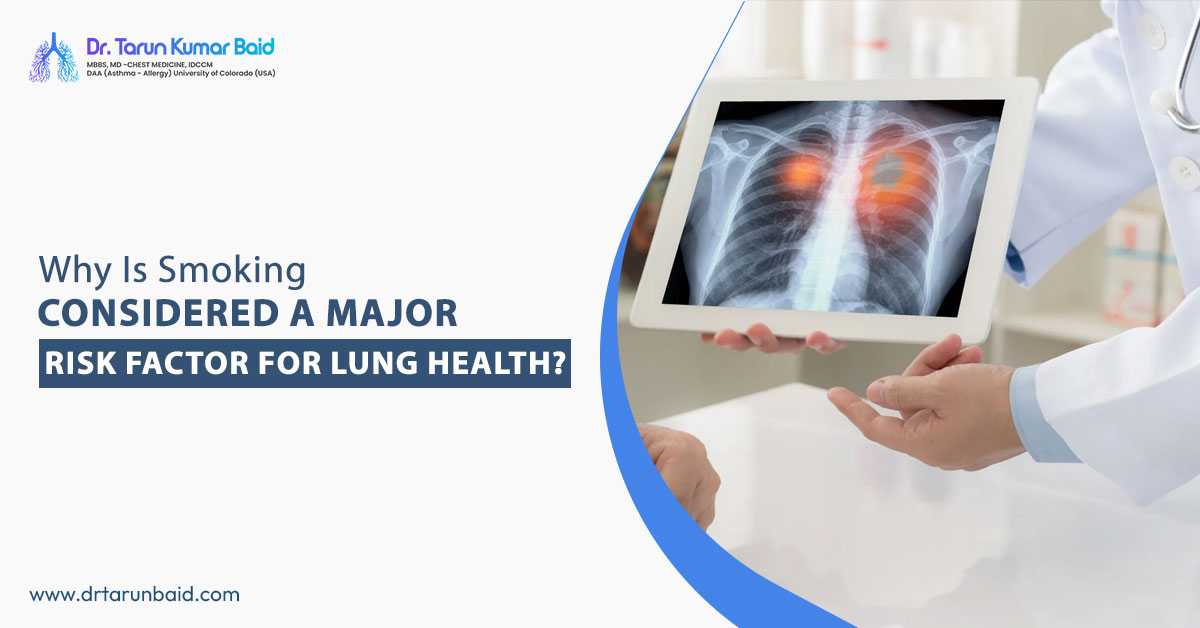The respiratory system is mainly responsible for moving fresh air and removing waste gases in our bodies. Lung diseases can hugely interrupt the normal functioning of this system since these diseases often affect both the lungs and their linings. People who have a history of allergies, heart diseases, smoking, and a suppressed immune system have a high chances of developing lung disorders.
Some of the common signs that you can experience with lung issues are wheezing, difficulty breathing, chest tightness, cough, fever, and severe chest pain. To detect the underlying cause behind these symptoms, the doctor often recommends some diagnostic tests and based on the results of these tests, an effective treatment of pulmonology in Siliguri will be referred.
Given below are some of the diagnostic tests that a lung specialist doctor may recommend.
1. Spirometry
Spirometry is one of the most common lung tests where the doctor instructs you to take deep breaths through a tube. This test helps in measuring the air volume during maximal inhalation and forceful exhalation. In most cases, this test is done among patients with COPD so that the impact of the disorder on the capacity of the lungs holding air can be measured.
2. Chest X-Ray
Chest X-ray is an effective imaging test, which is done to check any abnormal fluid build-up in the lungs. It hugely helps the doctor in diagnosing certain infections such as pneumonia as well as the presence of scar tissue, which is a common symptom of pulmonary fibrosis.
3. Peak Flow Measurement
Another common test that the best pulmonologist in Siliguri may recommend is peak flow measurement. In this test, a small device is provided and you’re then directed to take deep breaths. The main role of this test is to check how much air you can blow from the lungs.
4. Bronchoscopy
Bronchoscopy is one of the invasive diagnostic tests, where a small tube along with a camera is inserted in your airways. This camera helps the doctor to look for any tumours, mucus, or blood in the passages surrounding the lungs. During this test, tissue samples can also be collected for a biopsy.
5. Pulmonary Angiogram
A pulmonary Angiogram is a type of CT scan that diagnoses the blood vessels connecting your lungs and heart. This test focusing on pulmonary arteries is often used to spot the risks of pulmonary embolism. Without proper treatment, this disorder can cause severe blood clotting in the lungs.
6. Pleural Biopsy
Another invasive test for lungs is pleural biopsy which is especially recommended to determine the causes of fluid build-up in the blank spaces between the lungs and pleura. In this test, the doctor inserts a small needle inside the chest to collect some samples for the biopsy.
7. Chest Ultrasound
Chest ultrasound is another highly effective non-invasive diagnostic exam for the lungs which assesses various structures and organs in the chest such as pleural space, lungs, and mediastinum. The high-frequency sound waves inserted in this ultrasound can effectively detect any abnormal functioning or fluid build-up in the lungs.
After getting the reports of these tests, you must contact an experienced lungs specialist doctor in Siliguri who can direct you to the best treatment for chronic lung infections, allergies, and breathing issues. You can also understand the preventive measures from the doctor to reduce the risks of lung disorders.
Sources:
https://www.webmd.com/lung/breathing-diagnostic-tests
https://www.lung.org/lung-health-diseases/lung-procedures-and-tests





